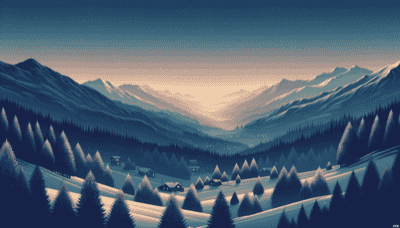We're here to help you keep count of the days to or since a date. Just click the button below and enter your chosen date to get started. Also choose the suggested days or search for a special day above #countingthedays

The December Solstice, also known as the Winter Solstice in the Northern Hemisphere, is an astronomical event that marks the shortest day and longest night of the year. In Tunisia, this occurs around December 21st or 22nd when the sun reaches its southernmost point relative to the Earth.
Historically, solstices have been significant to various cultures around the world, often connected to agricultural cycles and solar worship. In Tunisia, with its rich blend of Berber, Arab, and Mediterranean heritage, these periods might have been noted for their impact on farming and the changing seasons.
While Tunisia is predominantly Muslim and traditional solstice celebrations are not a major part of contemporary culture, some remnants of ancient customs may still be observed in rural areas or within local folklore. Activities associated with this time could include preparations for the upcoming planting season or recognizing changes in weather patterns.
Today, Tunisians may not widely celebrate the December Solstice as a specific event; however, they do note the change in daylight hours. The day is not a public holiday and most people go about their regular routines. It may be acknowledged by those interested in astronomy or cultural history.
In summary, while the December Solstice has historical significance from an astronomical perspective and may carry vestiges of past traditions within certain communities in Tunisia, it's largely a normal day without widespread festivities or unique observances.